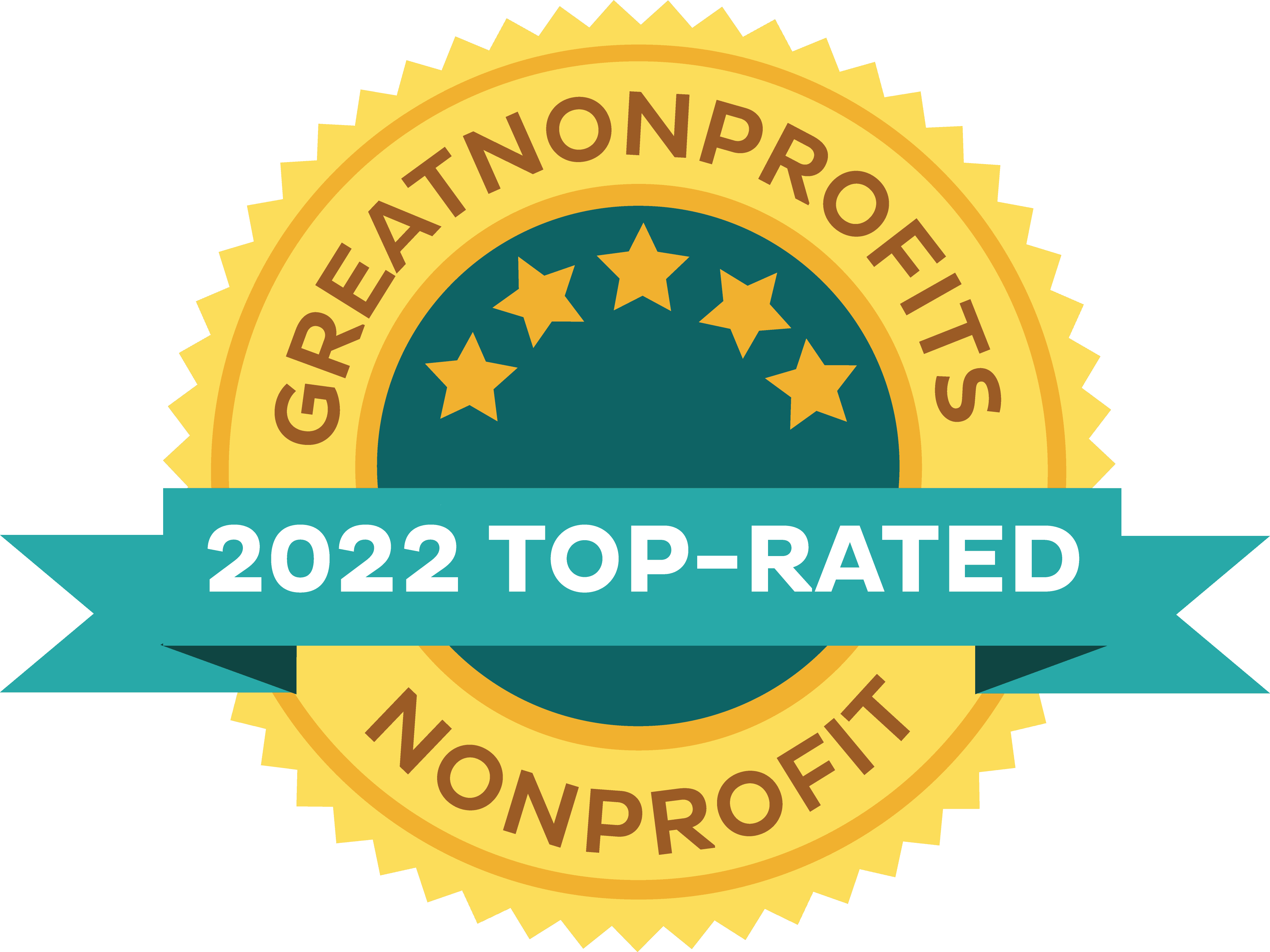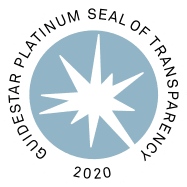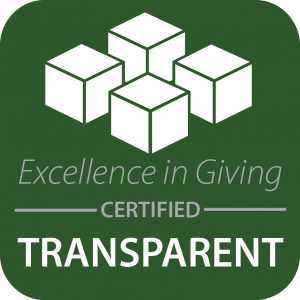PROMETHEUS FELLOWSHIP PROGRAM
Semester 3
Semester 3: Advanced Classes on the Five Branches of Philosophy
In the second year of the Fellowship, fellows will intensively study the five branches of philosophy through an Objectivist lens. Attending a total of fourteen lectures hosted by renowned scholars, students have the unique opportunity to learn from, and engage with, experts in Objectivism to gain a comprehensive worldview. To explain why Rand informally described Objectivism as a ‘philosophy for living on earth,’ the lectures offered in the second year of the Fellowship will be both theoretical and practical.
Lecturers in the second year include Prof. Dr. Dianne Durante, Prof. Dr. Eszter Nova, and Leopold Ajami. To pass these two semesters, students are expected to regularly attend class, read a wide variety of texts from Rand’s oeuvre, and both pass a final exam and write a 2,000-word essay.
Sample List of Topics
– Objectivism and the American Educational System
– The Objectivist View of Law
– Objectivism and Heroism
– How to Sell Philosophy without Selling Out
– Why Did Iron Man Have to Die?: An Analysis of Disney Heroes versus Randian Heroes from a Screenwriting Perspective and What Our Heroes Say About Us
Semester 3: Creative Thinking and Innovation
1. The basics of creative thinking
Description
Understanding what creative thinking is, why it is important, and the role it plays in problem-solving and innovation.
Desired outcomes:
- Participants will understand the key concepts and principles of creative thinking.
- Participants will be able to identify their own creative thinking strengths and areas for improvement.
- Participants will learn strategies for developing and improving their creative thinking skills.
2. The power of mindset in creative thinking
Description
Understanding the role of mindset in creative thinking, and how a growth mindset can foster creativity.
Desired outcomes:
- Participants will understand the impact of mindset on creative thinking.
- Participants will be able to identify their own mindset strengths and areas for improvement.
- Participants will learn strategies for developing a growth mindset and fostering creativity.
3. Overcoming creative blocks
Description
Understanding the common obstacles to creative thinking and how to overcome them.
Desired outcomes:
- Participants will understand the common barriers to creative thinking.
- Participants will be able to identify their own creative blocks and develop strategies for overcoming them.
- Participants will learn techniques for generating new ideas and breaking out of familiar thinking patterns.
4. The role of play and experimentation in creative thinking
Description:
Understanding the importance of play and experimentation in fostering creativity and innovation.
- Desired outcomes:
- Participants will understand the benefits of play and experimentation in creative thinking.
- Participants will learn strategies for incorporating play and experimentation into their own creative thinking process.
- Participants will have the opportunity to practice and apply these strategies through hands-on activities and group discussions.
5. The power of collaboration in creative thinking
Description:
Understanding the role of collaboration in fostering creativity and generating new ideas.
Desired outcomes:
- Participants will understand the benefits of collaboration in creative thinking.
- Participants will learn strategies for effectively collaborating with others in a creative thinking process.
- Participants will have the opportunity to practice and apply these strategies through group activities and discussions.
6. The importance of diversity in creative thinking
Description:
Understanding the value of diversity in fostering creativity and innovation.
Desired outcomes:
- Participants will understand the importance of diversity in creative thinking.
- Participants will learn strategies for incorporating diverse perspectives into their own creative thinking process.
- Participants will have the opportunity to practice and apply these strategies through group activities and discussions.
7. The role of failure in creative thinking
Description:
Understanding the value of failure in the creative process and how to learn from it.
Desired outcomes:
- Participants will understand the role of failure in creative thinking.
- Participants will learn strategies for embracing failure and using it as a learning opportunity in the creative process.
- Participants will have the opportunity to practice and apply these strategies through group activities and discussions.
8. Creative thinking in action
Description:
Putting creative thinking into practice in real-world situations.
Desired outcomes:
- Participants will learn how to apply creative thinking to real-world challenges and problem-solving.
- Participants will have the opportunity to practice and apply their creative thinking skills through hands-on activities and group discussions.
- Participants will develop a plan for incorporating creative thinking into their own work and personal lives.
















